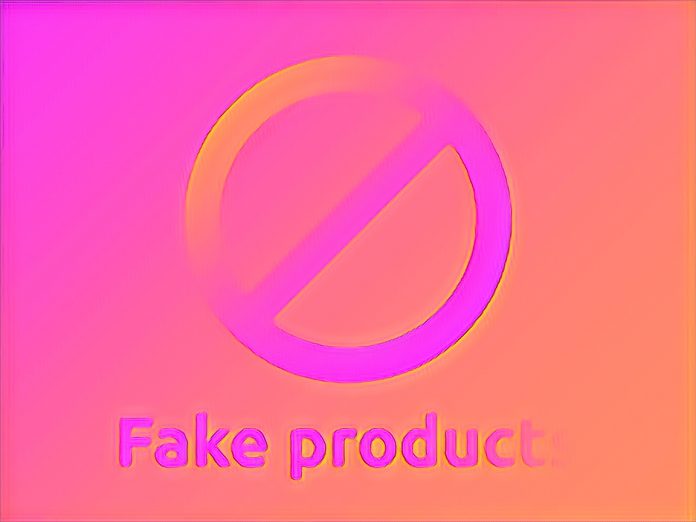Nigeria is facing a serious problem of fake and substandard drugs, which pose a grave threat to the health and lives of its citizens. According to the National Agency for Food and Drug Administration and Control (NAFDAC), about 10% of the drugs sold in the country are either counterfeit, expired, or adulterated. Some experts estimate that the figure could be as high as 40%.
Fake drugs are drugs that have no active ingredients, or have the wrong ingredients, or have the right ingredients but in the wrong quantity or quality. Substandard drugs are drugs that do not meet the required standards of quality, safety, and efficacy. Fake and substandard drugs can cause serious harm, such as poisoning, organ damage, drug resistance, treatment failure, and death.
The fake drug crisis in Nigeria is fueled by several factors, such as the high demand for drugs, the weak regulation and enforcement, the porous borders, the corruption, the lack of awareness, and the greed of the perpetrators. The fake drug industry is a lucrative and criminal business, which exploits the vulnerability and ignorance of the consumers.
The fake drug crisis has serious implications for the public health and the economy of the country. It undermines the trust and confidence of the people in the health system, and discourages them from seeking medical care. It also wastes the scarce resources of the government and the individuals, and deprives the legitimate manufacturers and distributors of their income and reputation.
The government and other stakeholders have been making efforts to combat the fake drug menace, but the challenge remains daunting. Some of the measures taken include the establishment of NAFDAC, the enactment and review of relevant laws and regulations, the deployment of cutting-edge technologies, such as the TruScan and the Mobile Authentication Service, the destruction of fake drugs and the prosecution of offenders, the collaboration with local and international partners, such as the World Health Organization, the Interpol, and the US Pharmacopeia, and the sensitization and education of the public.
However, these efforts need to be intensified and sustained, and more resources and political will need to be mobilized. The government needs to strengthen the capacity and autonomy of NAFDAC, and to ensure its effective coordination with other agencies, such as the Customs, the Police, and the Judiciary. The government also needs to improve the infrastructure and the accessibility of the health facilities, and to ensure the availability and affordability of quality drugs.
The public also has a role to play in the fight against fake drugs. The public needs to be more vigilant and informed, and to avoid buying drugs from unlicensed and dubious sources, such as street vendors, hawkers, and online platforms. The public also needs to check the labels and the packaging of the drugs, and to look out for signs of tampering, such as broken seals, altered expiry dates, and misspellings. The public also needs to use the technologies provided by NAFDAC, such as the TruScan and the Mobile Authentication Service, to verify the authenticity of the drugs. The public also needs to report any suspicious or adverse reactions to NAFDAC, and to cooperate with the authorities in exposing and prosecuting the culprits.
The fake drug crisis In Nigeria is a serious and complex problem, which requires the collective and concerted action of all stakeholders. The government, the private sector, the civil society, and the media need to work together to ensure the quality, safety, and efficacy of the drugs in the country. The public also needs to be more aware and responsible, and to protect themselves and their loved ones from the dangers of fake drugs. Together, we can save lives and secure our future.
Source: BusinessDay



